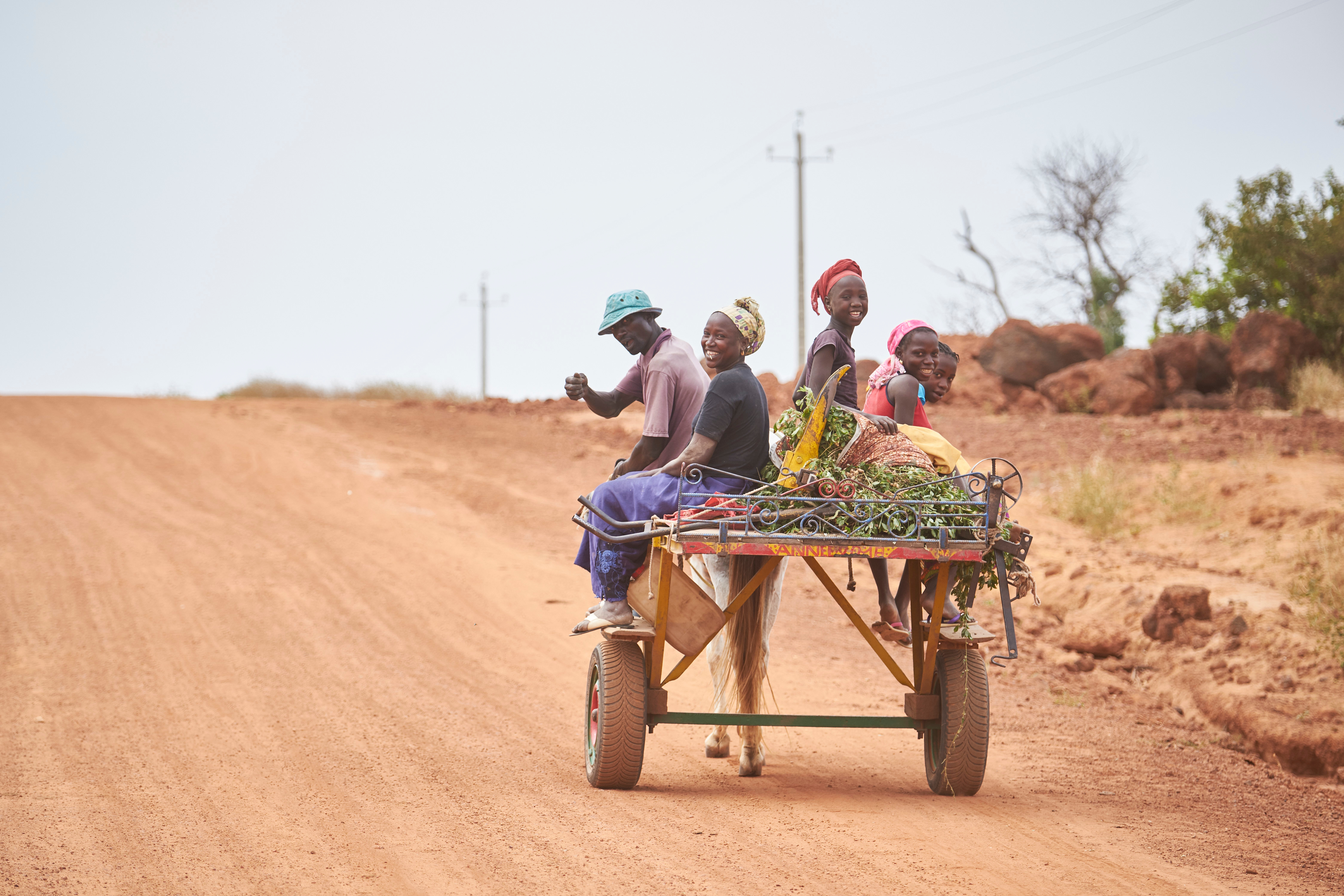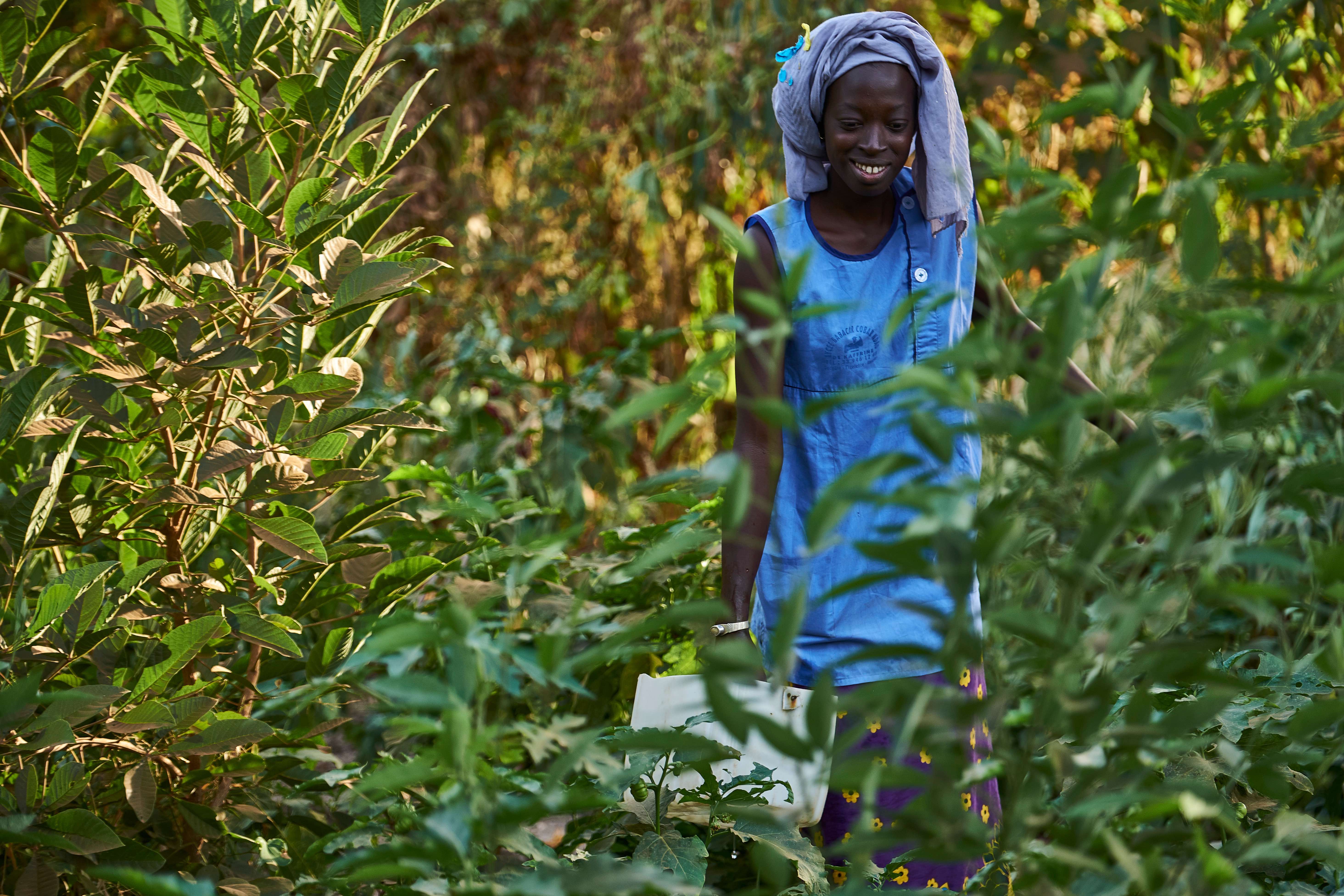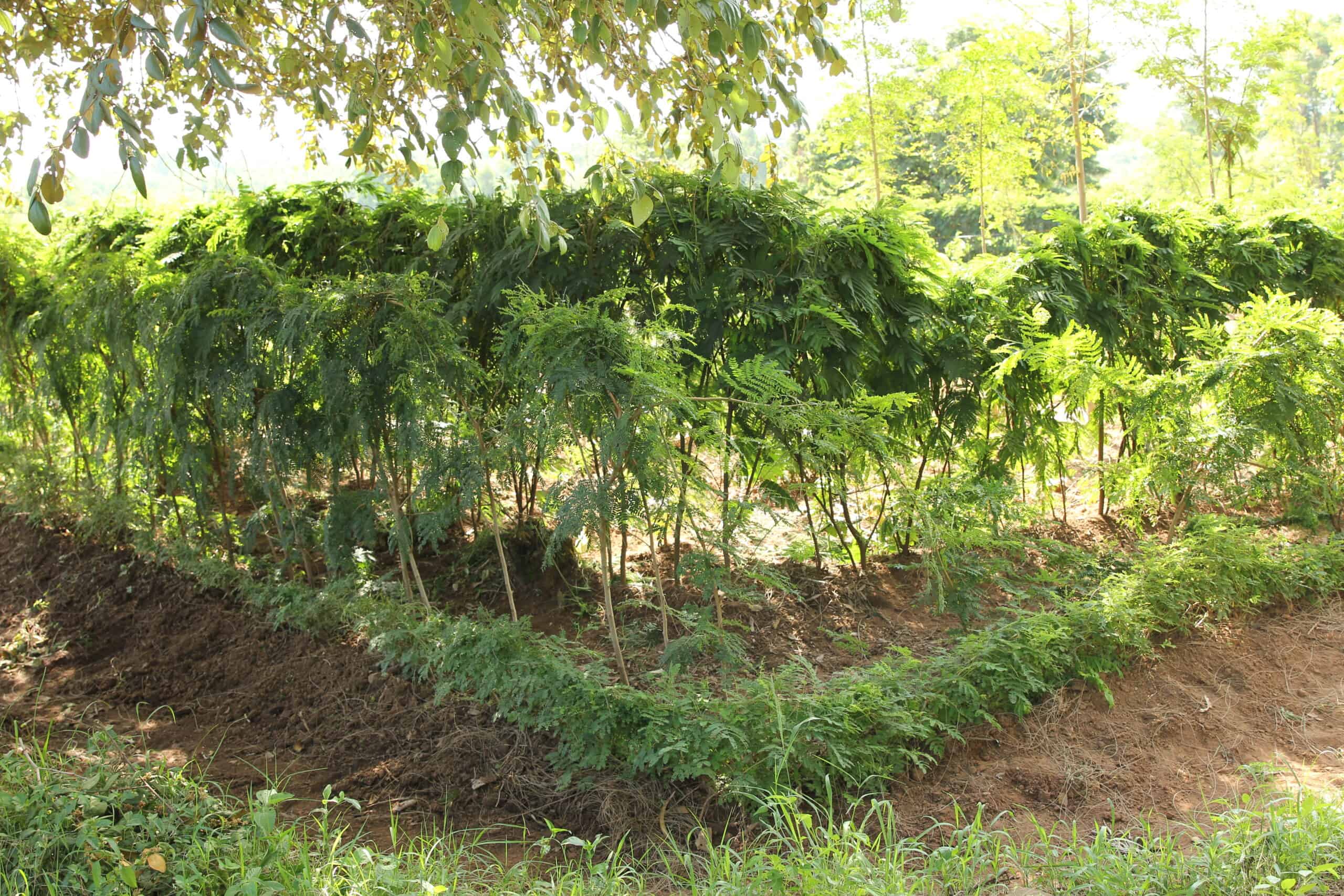The International Organization for Migration (IOM) is working with specialized Non-Governmental Organizations to combat this issue by developing economic activities and opportunities for families returning to their homes in the village of Madine-Touatt, Senegal. The village of Medina Touatt is located in Kolda, a region affected by the Casamance conflict and one of the poorest economies in Senegal. Guided by the principle that the most effective means of return is to be able to create a favorable environment that supports the livelihoods of those returning, IOM is working with NGOs who can help reestablish these much needed societal foundations.

Trees for the Future, an international development nonprofit that works with farmers across Senegal and Sub-Saharan Africa, is partnering with IOM to develop pilot projects for farmers returning to Medina-Touatt. Trees for the Future (TREES) will work closely with farming families to educate and train them in agroforestry techniques, enabling them to revive the land and their livelihoods. A leading cause of poverty in Senegal is linked to farming on degraded land. Much of the land has been stripped of trees that would be able to provide biodiversity, soil stability, shade, and moisture, Through TREES’ Forest Garden Approach, farmers will plant thousands of trees and see diverse crop yields and regular pay days. Forest Gardens not only provide healthy food and steady income for the farming family, they also contribute to the local economy and the environment. By relying on the trees they planted themselves, farmers will ensure a “green return” by preventing the mining of nearby forest for fuel wood and food products, mitigating the impact of climate change on the returning population.

Trees for the Future will begin the project by conducting education and public awareness actions through focus groups with locals in Medina Touatt. These focus groups will allow TREES to better analyze the potential impacts of the project on each family. Then TREES technicians will train farmers in Forest Garden techniques. Farmers will attend 16 module training courses at nearby Sow Ranch, a demonstration farm 5km from Medina Touatt. They will focus on agroforestry and sustainable agriculture as well as income-generating practices. Farmers will then begin planting their Forest Gardens and shortly after will see their first harvest.
Since 2018, TREES has been accredited by the United Nations Institute for Training and Research (UNITAR) as a leading trainer in the field of agroforestry and sustainable agriculture. Because of the nature of this IOM project and its novelty, there will be increased monitoring and evaluation of all intervention zones in the village. Through this project, TREES is involved in mitigating one of the biggest causes of poverty in the southern part of Senegal – loss of forests and degradation of farmland. Every year, TREES commits to expanding its intervention zones in the most remote areas of West Africa. This year Trees for the Future will bring its expertise to an arena within the development community in need of support – the implementation of environmental sustainable projects combined with economic return for resettling refugees.
